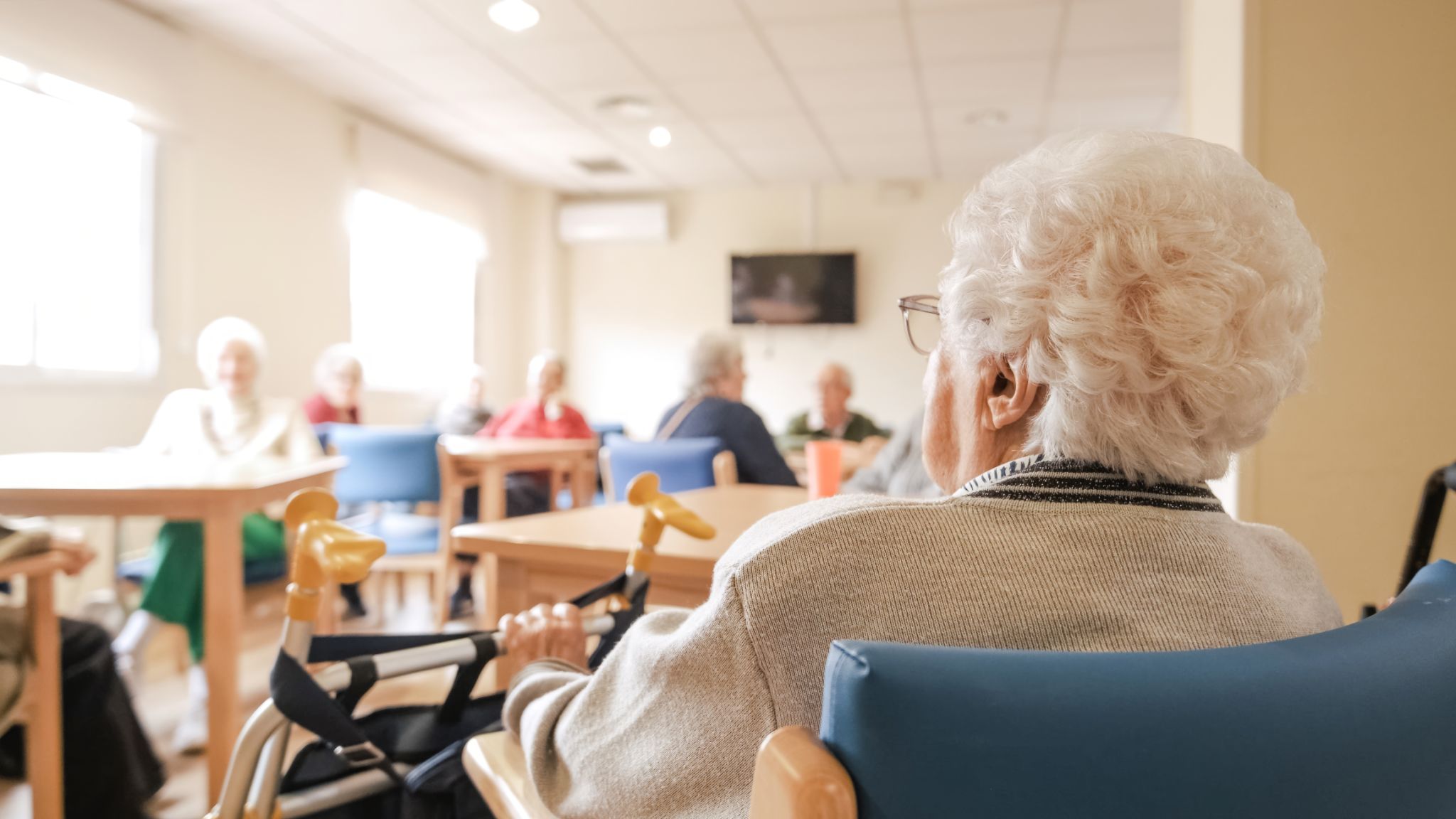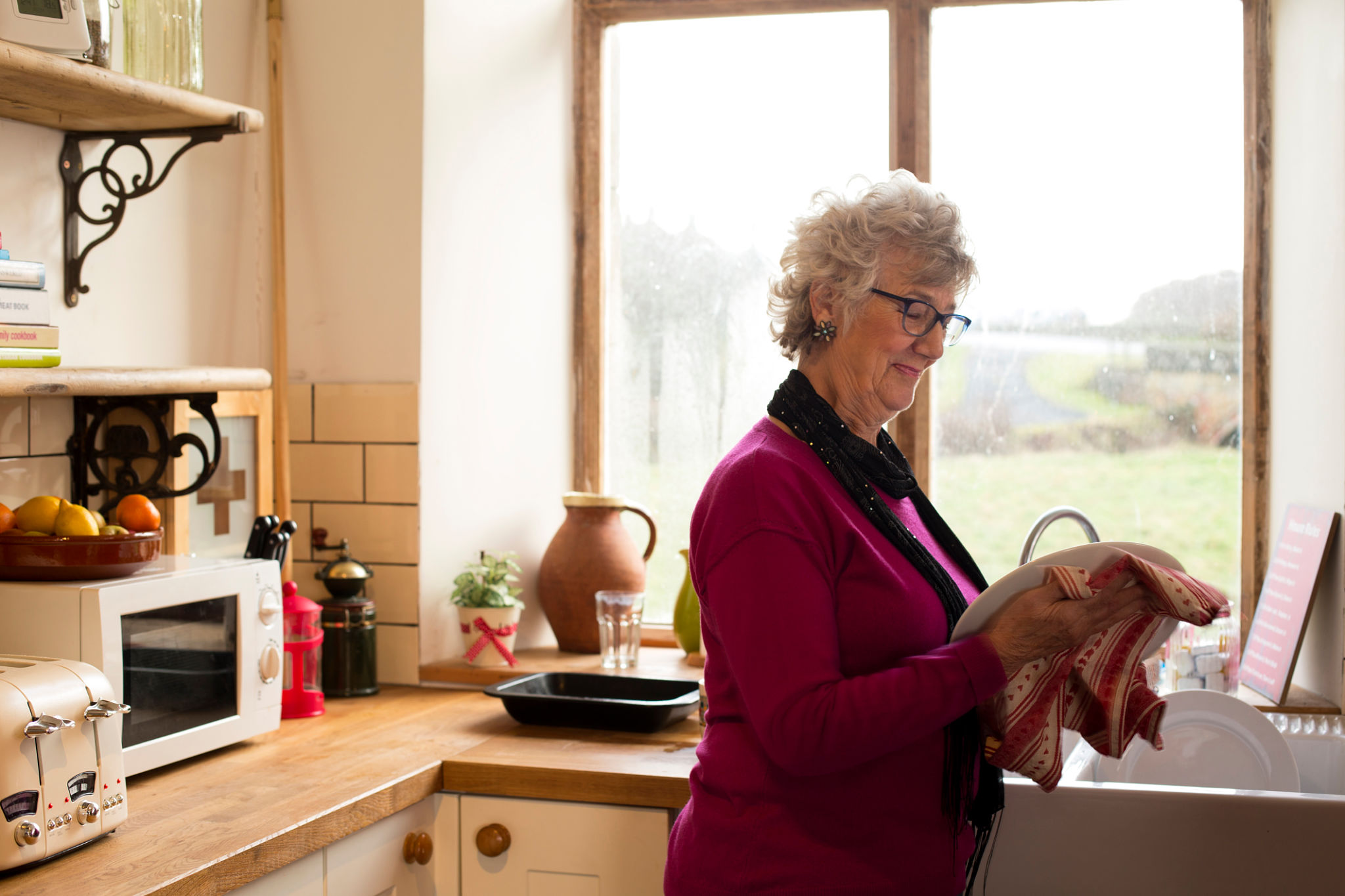Myth-Busting: Common Misconceptions About In-Home Senior Care
Understanding In-Home Senior Care
In-home senior care is a valuable service that allows older adults to receive the assistance they need while remaining in the comfort of their own homes. However, there are numerous misconceptions surrounding this type of care that can prevent families from considering it as a viable option. Understanding the truth behind these myths can help families make informed decisions about their loved ones' care.

Myth 1: In-Home Care Is Too Expensive
One of the most common misconceptions about in-home senior care is that it is prohibitively expensive. While it's true that costs can vary depending on the level of care required, in-home care can often be more affordable than moving to a senior living facility, especially when considering the hidden costs of selling a home or relocating.
It's important to evaluate the specific needs of your loved one and compare the cost of in-home care with other options. Many agencies offer customizable care plans that allow families to choose only the services they need, which can significantly reduce expenses.
Myth 2: In-Home Care Is Only for Medical Needs
Another misconception is that in-home care is solely for individuals with medical needs. In reality, in-home care services encompass a wide range of support, including personal care, companionship, and household assistance. This makes it an excellent option for seniors who need help with daily activities but do not require constant medical attention.

Myth 3: Family Members Should Provide Care
Many people believe that family members should be the primary caregivers for their elderly relatives. While family involvement is important, it can be overwhelming for loved ones to juggle caregiving responsibilities with other commitments. Professional in-home caregivers can provide much-needed relief, allowing family members to maintain their own lives while ensuring their loved one receives proper care.
Furthermore, professional caregivers are trained to handle various situations and can offer a level of expertise that family members may not possess. This can lead to a better quality of life for the senior and peace of mind for the family.
Myth 4: Seniors Lose Independence with In-Home Care
Some fear that accepting in-home care means losing independence. On the contrary, in-home care is designed to help seniors maintain their independence by providing support that allows them to remain at home. Caregivers assist with tasks that might be challenging for seniors, enabling them to continue living their lives with dignity and autonomy.

Myth 5: In-Home Care Is Not Personalized
A common misconception is that in-home care lacks personalization. In reality, one of the greatest strengths of in-home care is its ability to be tailored to the specific needs and preferences of each individual. Care plans are developed collaboratively with families to ensure that seniors receive the precise type and amount of care they require.
This personalized approach not only ensures that seniors get the support they need but also enhances their overall well-being by fostering a sense of familiarity and comfort.
Making an Informed Decision
Understanding these common misconceptions about in-home senior care can help families make informed decisions about the best options for their loved ones. By debunking these myths, families can approach the topic with confidence and clarity, ensuring that seniors receive the care and support they deserve while maintaining their independence and quality of life.
